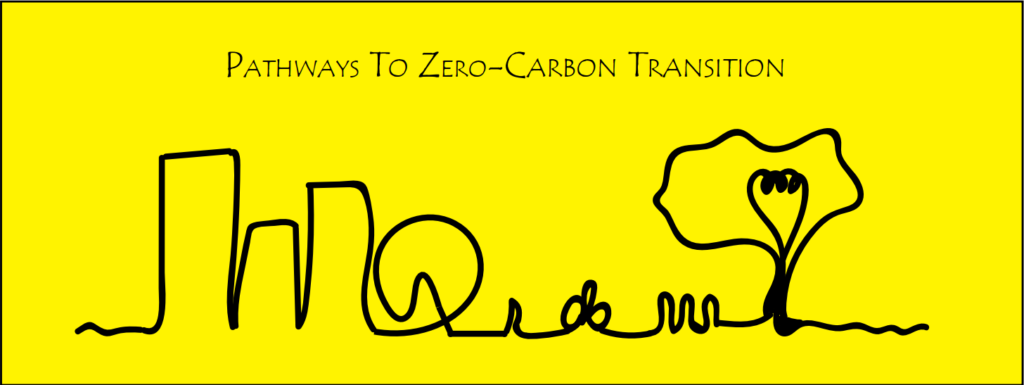
Our second guest blog from Damiano Sguotti, a recent graduate of the Master’s in International Development at the University of Bath, during which he worked closely with Zero West. He continues to reflect on the challenges we face.
The zero-carbon transition is complex because it will involve more than just changing technologies. Achieving independence from fossil fuels will depend on refashioning social systems that have grown up around them. Our societies are deeply enmeshed with these energy sources – in what academic analysts of technology have called a socio-technological regime. This regime both perpetuates the use of fossil fuels and makes it seem the best way to do things. It legitimizes and what is doing the damage.
Such regimes include technologies, policies and political influence, business and markets, and culture. All these influence each other and can work together to resist change. Trying to alter the regime seems like a dog biting its tail. How can we changes in this system could lead to a virtuous circle, enabling a switch to sustainable livelihoods?
I cannot answer this question fully – I can’t predict the long-term impacts of the environmental crises. Still, there seem to be four ways in which the system can change through the introduction of new socio-technological niches. Let me describe them as an aid to thinking about strategy for sustainability.
- Transformation. What is missing?
A change is blocked by a lack of technology. Yet an expectation of development within a certain regime can encourage spending on R&D to help the change along.
For example, a new technology in the logistic sector that would drastically cut the emissions from distribution of goods. Those in the sector who have an expectation of sustainable development will support this kind of innovation if it is on offer.
2. Re-configuration. What is the external world teaching me?
A change in the landscape – especially in the environment – brings home the urgency for change. New factors outside the system put pressure on the existing regime, which create windows of opportunity for novelties.
For example, as the scale of climate change threatens the entire world, re-localization is a vital new approach to develop change in a sustainable way.
3. Substitution. What can I develop better?
The current regime is under strain and its destabilization has created a momentum that can accelerate a socio-technical development.
For example, the tensions between human development and the climate threat have encouraged cultural awareness about the importance of de-growth thus, giving nature a more important stake in society.
4.Re-alignment. Am I already changing?
Because the regime governs a whole system, a change in one of the components can trigger unexpectedly a series of other changes in interdependent domains.
For example, moving to small-scale supply chains requires a more localized form of governance.
These four possibilities could all be part of the zero-carbon transition between socio-technological regimes. This particular transition is very delicate because it must create systems that don’t just supplement, but displace, the utilization of fossil fuels.
Reference:
This blog has been inspired by an attentive reading of the work of Frank Geels of the University of Manchester on the Multi-Level Perspective (MLP) on technology innovations.
Geels, F.W., 2011. The multi-level perspective on sustainability transitions: Responses to
seven criticisms. Environmental innovation and societal transitions, 1(1), pp. 24–40

